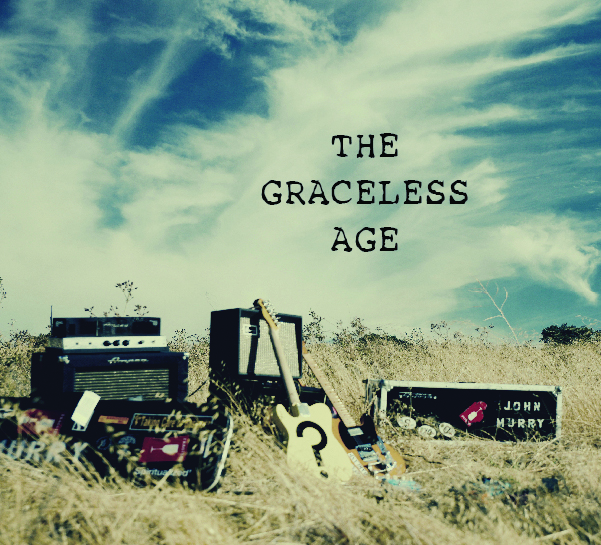Videos by American Songwriter
John Murry
The Graceless Age
(Evangeline Recording Co.)
Rating: 4.5 stars (out of 5)
Mississippi-raised John Murry is a distant relative of the state’s favorite literary son, William Faulkner, and that connection can be seen on The Graceless Age. After all, Faulkner’s famous line about the past not being dead, or past, for that matter, might as well be the album’s theme, as Murry battles throughout with ghosts that just won’t let him be.
The Graceless Age was released last year in Great Britain to great acclaim. Granted, the U.S. shores are littered with the debris of British critical darlings and buzz bands that went down in flames when they tried to cross the ocean. The difference with Murry is that his roots are distinctly American, and his brand of burned-out folk music easily makes the translation. The other difference is that he is the real deal as a songwriter, full of trenchant observations and slyly affecting melodies and possessing an ingratiating ne’er-do-well personality that acknowledges his past mistakes even as he prepares to make them all over again.
This is an album that doesn’t hide its ambitions to be great, which is refreshing in an age when indifference is sometimes confused for integrity. Filled with concept-album trappings like connecting segments between songs, sweeping ballads, and even an epilogue-like closing track, The Graceless Age sounds like the product of a guy who’s been building to this moment, and he’s determined not to let it go without leaving everything on the table.
Vocally, Murry’s wobbly drawl sometimes recalls Jay Farrar, but it’s a surprisingly versatile instrument, rising from a dejected mumble to a hoarse yelp at a moment’s notice. There is subtle invention at play in the music as well, with some indie-rock touches adding rough edges to the folky melodies. In that respect, it’s reminiscent of Sea Change, Beck’s lovely downer of a break-up album.
Break-ups are certainly at the heart of Murry’s reflections, as are drugs and near-death experiences, but these are the mere details through which he inspecs the restless, self-destructive urges that continually haunt him. “You say this ain’t what I am,” Murry sings in the 10-minute long, piano lament “Little Colored Balloons. “This is what I do.” The gray area in between is where The Graceless Age resides.
There are standouts everywhere. “California” builds outward from a grumbling riff as Murry tries to forget his ex in the absolute worse place in the world to do so. “Southern Sky” explodes out of the fuzzy density of the verses into a chorus with something approaching hope. That hope is extinguished in the weary lament “Things We Lost In The Fire,” where only a crunching, electric coda provides a semblance of catharsis for the destitute narrator.
The last words on The Graceless Age, sung in a dreamy falsetto, are “Maybe someday, some way.” It’s the perfect closing moment, as the guy who has suffered so much throughout the album drags himself out of the gutter to look to the stars. John Murry’s past may not be far behind, but his future as a songwriter and artist of major stature and authority is right now.














Leave a Reply
Only members can comment. Become a member. Already a member? Log in.